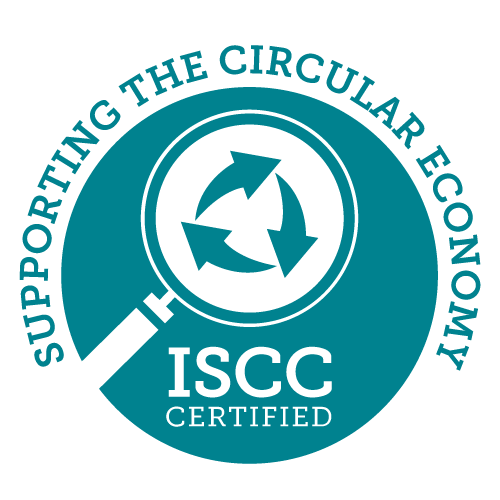
UNCLE TOBYS is committed to creating a positive impact on the families, local farmers and environments we serve in. We are working on ways to minimise our impact on the environment and support our farming communities.
Our Journey So Far
Reducing Virgin Plastic with Roll-Ups

We’re now sourcing 85% recycled plastic in our Roll-Ups outer wrappers using mass balance.
If we laid our Roll-Ups outer wrappers out flat, we’re saving approx. 1,091,000m2* of virgin plastic a year! That is enough virgin plastic to wrap the harbour bridge arch twice^.
*Based on 2024 volumes. Excludes film on Roll-Ups.
^ Based on the total Harbour Bridge steel surface 485,000 square metres.
Recyclability with Le Snak

Our Le Snak trays are now kerbside recyclable.
With the Le Snak recyclable tray, we are helping divert 210 tonnes of plastics from landfill each year*, more than the weight of 9 buses^. Excludes lidding.
*Based on 2023 LE SNAK tray volumes.
^Based on a 3 Axle Bus weighting 22.5 tonnes.
Kerbside Recycling with UNCLE TOBYS

All the outer cardboard cartons of UNCLE TOBYS products are paper-based and suitable for kerbside recycling.
All outer cartons across Oats, Cereals, Muesli Bars, Roll-Ups, and Le Snak are designed for recycling.
Soft plastic packaging for UNCLE TOBYS muesli bars and LeSnak are designed for recycling where soft plastic recycling programs are in operation.
Most of our quick sachets are not yet recyclable and we are continuing to explore technical solutions.

ISCC Certified
Our Roll-Ups wrappers sourcing 85% recycled plastic are ISCC certified. The recycled material is allocated using the ISCC mass balance approach.
Founded in 2010 through a multi-stakeholder initiative, the International Sustainability and Carbon Certification (ISCC) is a globally applicable and leading certification system designed to enhance traceable, sustainable supply chains. ISCC certifications are widely recognised and cover recycled carbon-based materials and other categories including sustainable agricultural biomass, biogenic wastes and residues and non-biological renewable materials. The development and implementation of different certification standards is ISCC’s tool to promote its mission to bring more traceability into global markets and supply chains.
The ISCC PLUS standard, in particular, supports the transition to a circular economy and bioeconomy. This voluntary certification standard validates the sustainability characteristics of alternative feedstocks throughout the entire supply chain, from origin to end consumer. The mass balance approach is a chain of custody method used to trace the flow of alternative feedstocks through complex value chains. During the production process, the certified feedstocks are mixed with conventional materials and the products become physically indistinguishable from those made solely from conventional feedstocks. By using the mass balance system, companies can document and track the exact amount of alternative feedstocks used, ensuring that the quantity of alternative feedstocks allocated to the product matches the quantity sourced at the start of the production. One of the major advantages of the mass balance approach is its flexibility: companies can gradually increase the share of alternative feedstocks in the production process without altering the existing infrastructure.